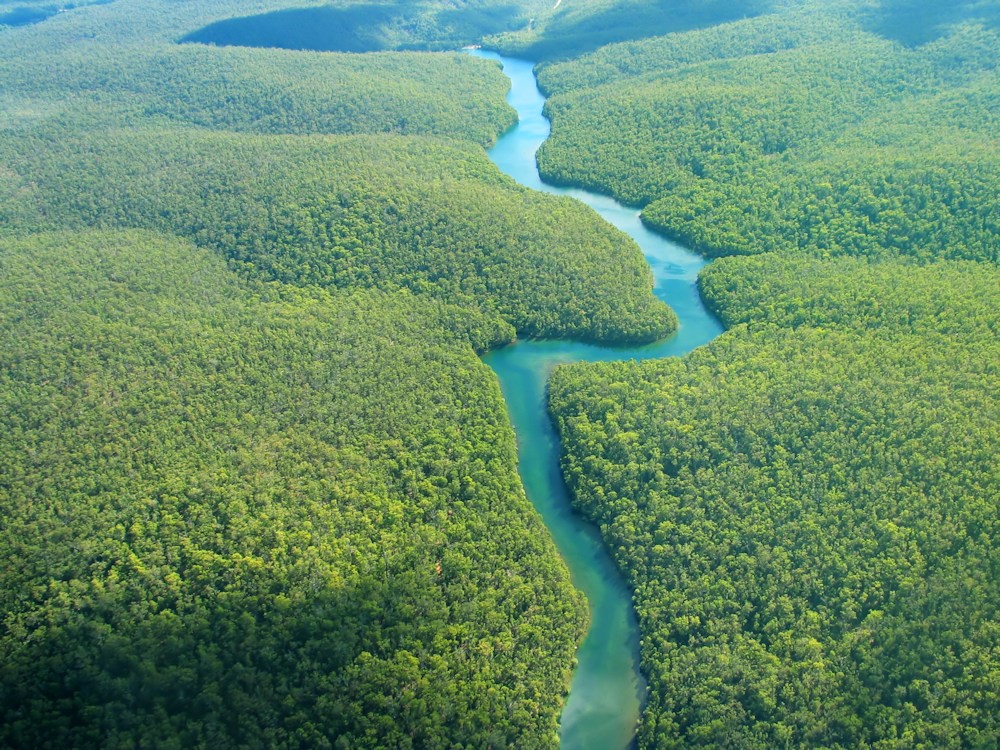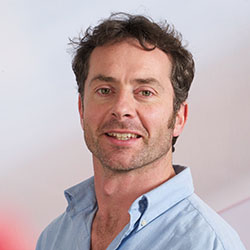Human Rights or Ecoside in the Amazon?
By Brian Garvey - Posted on 28 October 2021
As COP26 convenes, Brian Garvey - who has carried out extensive research work in the Amazon - looks at how some 'clean energy' projects don’t meet the needs of the indigenous people and are accompanied by ecological destruction.
A cursory glance at the itinerary for COP26 arguably raises more questions than answers for those of us who have been supported to attend the event via the University of Strathclyde’s Observer status. Attending the event on the heels of an ESRC project that focused on Brazil’s Amazonian Basin, there remains the concern that decisions are taken over the heads and forest canopies of many of those most affected by climate change.
Indeed, the violent land grabs, illegal logging, mining, and also the widespread ecological destruction that accompany massive ‘clean’ energy complexes (hydro, biofuel, cellulose) are rather easily rendered invisible behind ‘zero carbon’ targets and the narrowing of diverse social and environmental harms into the sole concern of rising carbon emissions.
A contemporary example, drawn from our recent engagements with Amazonian communities, is provided by the Volta Grande region of the Amazon. There has been profound resistance to the Hydroelectricity project of Belo Monte since a 2008 meeting between the owners, indigenous peoples and social movements ended in confrontation and injury. The local concerns that underpinned subversive fishing exercises in 2011, the Xingi+23 demonstrations in 2012, and occupation of the reservoir islands and construction sites in 2012, were well founded.
Despite the fact that its biodiversity earned designation as a priority conservation area, a recent decision by the Federal Regional Court in the state of Pará, Brazil, diverts water from the Xingu River to the Belo Monte hydroelectric dam complex rather than to the indigenous fishing communities of the region. This radical disruption to the transport route for many who live along the river and the reduction of fish diversity compromises food security and livelihoods.
Partners at Federal University of Para and the civil society organisation Xingu Vivo have found persistent violations of the rights of traditional communities linked to Belo Monte, especially regarding their forced displacement from areas destined to form the dam's reservoir.
The situation has been exacerbated by a second project along this stretch of the Volta Grande River. The gold mining project of Canadian mining company, Belo Sun, is being installed in the Directly Affected Area (ADA) of the Belo Monte Hydroelectric complex. The open-pit mine plans an extraction of 73.7 tons of gold in 12 years of operation, becoming the largest of its type in the world.
The expulsion of families (from settlements of Vila Ressaca, Galo and Ouro Verde) was subsequently deemed to be illegal in the Civil Action taken by the State of Pará. Here too, the Environmental Impact Assessment has been criticised for methodological deficiencies that underestimated contamination risks by cyanide and heavy metals (lead, cadmium, copper, mercury and arsenic) used in the gold processing process.
Given the proximity of a tailings dam, the contamination of the river and indigenous territories has been deemed inevitable, while the tailings could reach the Amazon River and the Ocean in a large spill. The initial Environmental Impact Assessment of Belo Sun of 2012, rather incredibly, did not deal with the possible effects on indigenous peoples, to the extent that the word 'indigenous' appears only once in the entire document.
As a result of sustained community campaigns and effective advocacy for these by civil society organisations, the case of Belo Sun reached the United Nations. In 2016, the Special Rapporteur on the rights of indigenous peoples expressed her concern about the possibility of cumulative effects between the two megaprojects, and about the lack of consultation with possibly affected indigenous communities. In 2018, the NGO Conectas made a representation before the UN, denouncing violent threats suffered by members of the Xingu Vivo Movement and of the co-operative of artisanal miners, two organisations that are opposing the Mining project.
There is a deep and collective frustration that, despite international recognition of the social and ecological harm, those traditional fishing, indigenous and extractive communities whose existence is a front line in the defence of forest and riverine systems, continue to face aggression as COP26 convenes.
In an effort to open important dialogue on these issues we will be convening a meeting at the Pearce Institute on November 3 from 12-3pm in which indigenous leaders from the region will highlight the broader social and ecological challenges that are linked to addressing climate change. In the words of one of these, Maria Leusa Munduruku:
“There are people who say that ‘oh, it's not just like that... you can't defend, we have to negotiate’ - we say no: we cannot trade our children's lives. So we're here in the fight, I'm very certain. We have to denounce this to the public that nowadays all of this - everything, our food - is being destroyed. When you cut down a tree, an açaí tree, there is a vine upon which we and our children live; our river today has turned into mud, there's nowhere to fish because the fish is full of mercury… and I say this once again as one of the leaders who was attacked two months ago. My village was totally attacked, really hard, they burned our house, we had to leave the territory, but we are going back to our territory again because we will be there doing our jobs - we will not leave – the ones who must leave are the invaders.”










